Data Story: 16 Most Influential South Sudanese Celebrities on Facebook
By David Uku
Because being on social media platforms means you have many competitors, you are expected to create good content for your audience to follow you. In South Sudan, the most influential people and talented artists use Social Media platforms to express their artistic talents and share their opinion with their fans.
However, the challenges of internet access in South Sudan affect content creators’ ability to satisfy their audience in the country. They attract a large audience to their pages and engage in the creation of various content through social media platforms such as Facebook.
From November 2020 to October 2021, 211 Check used the CrowdTangle platform to analyze the 16 Facebook Pages of the most influential South Sudanese Celebrities and their interactions with their fans. The analysis revealed total followers for 11 months, as well as follower growth per page.
The number of followers on a page indicates the audience’s interest in specific pages or people; it also depends on how the post is written (Photo, Video or Live and content created).
The trends of various posts on various platforms in South Sudan are primarily about discussions on influential topics such as promoting national football teams, basketball teams, or music and political news across the country.
About the Authors:
David Uku, a Data Speaks Fellow at #defyhatenow South Sudan, wrote this data story, which was edited by 211 Check Editor Emmanuel Bida Thomas and approved for publication by Steve Topua, Data Analyst and Trainer. It’s part of the ongoing #defyhatenow South Sudan Data Speaks Fellowship program with funding from the European Union Delegation to South Sudan.
About South Sudan Data Speaks Fellowship:
This is a two-month and half data journalism fellowship for South Sudanese content creators with an aim of educating participants on the fundamentals of data journalism through in-depth training facilitated by experienced data analysts.
The fellows have been selected from across South Sudan and they are trained in data sourcing/mining, data analysis, and data visualization for two months and half (October to Mid December)
Each fellow will produce a minimum of three (03) data stories during the fellowship. The focus will be on increasing access to information

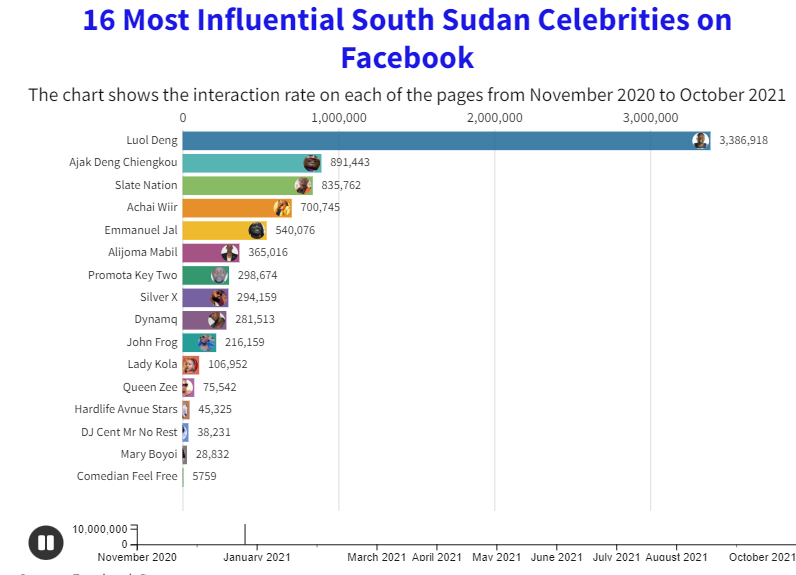
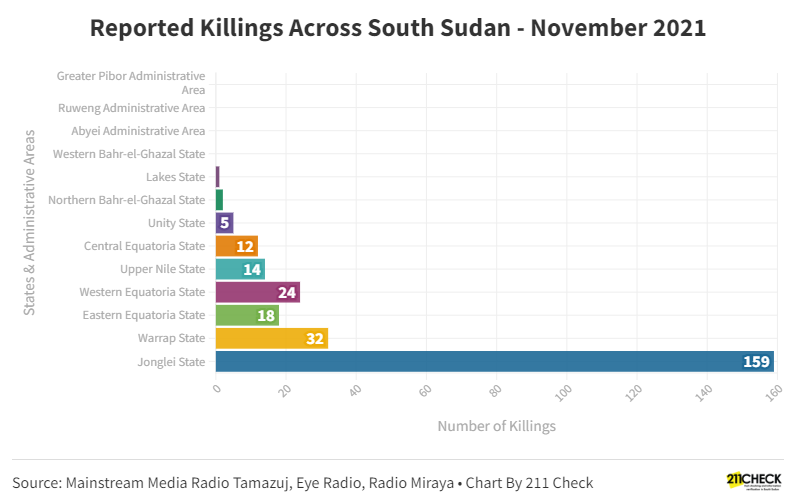

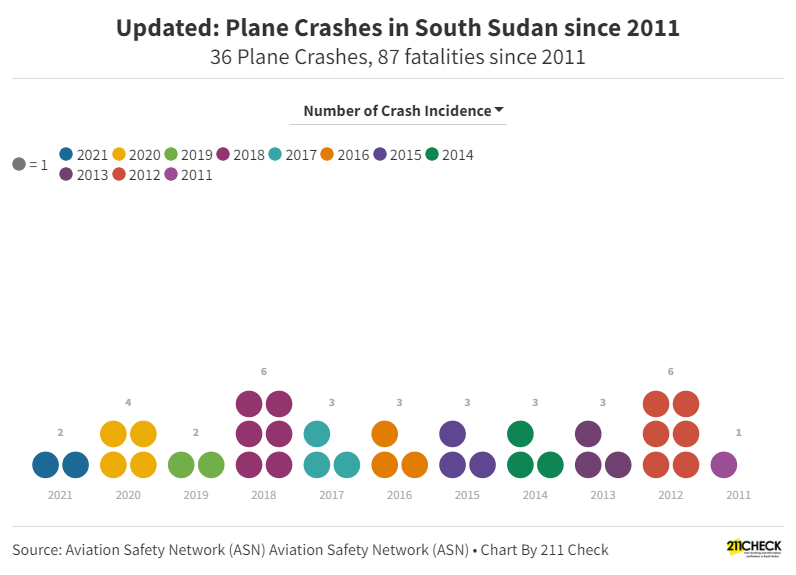 211 Check
211 Check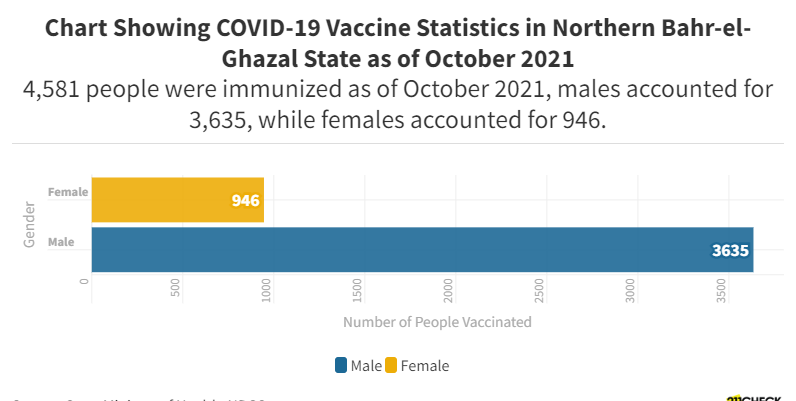
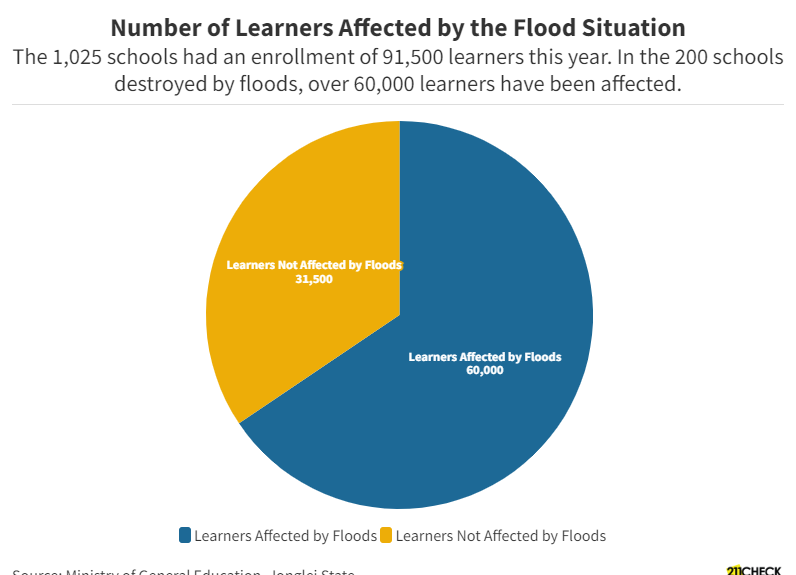
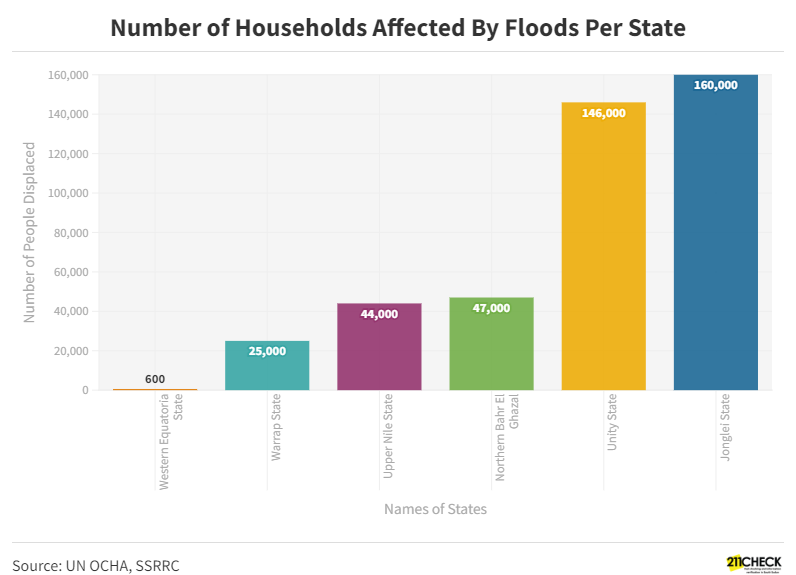
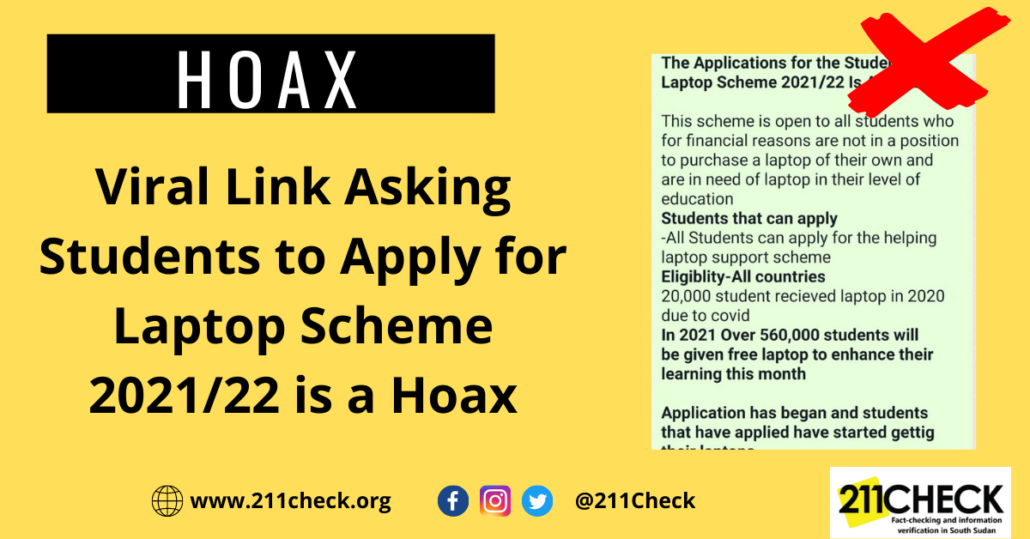 211 Check
211 Check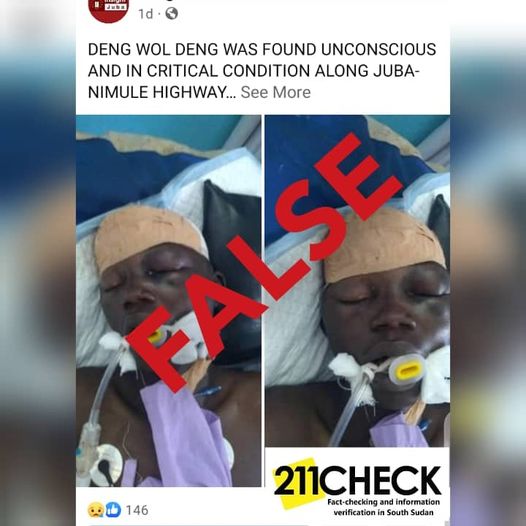 211 Check
211 Check 211 Check
211 Check